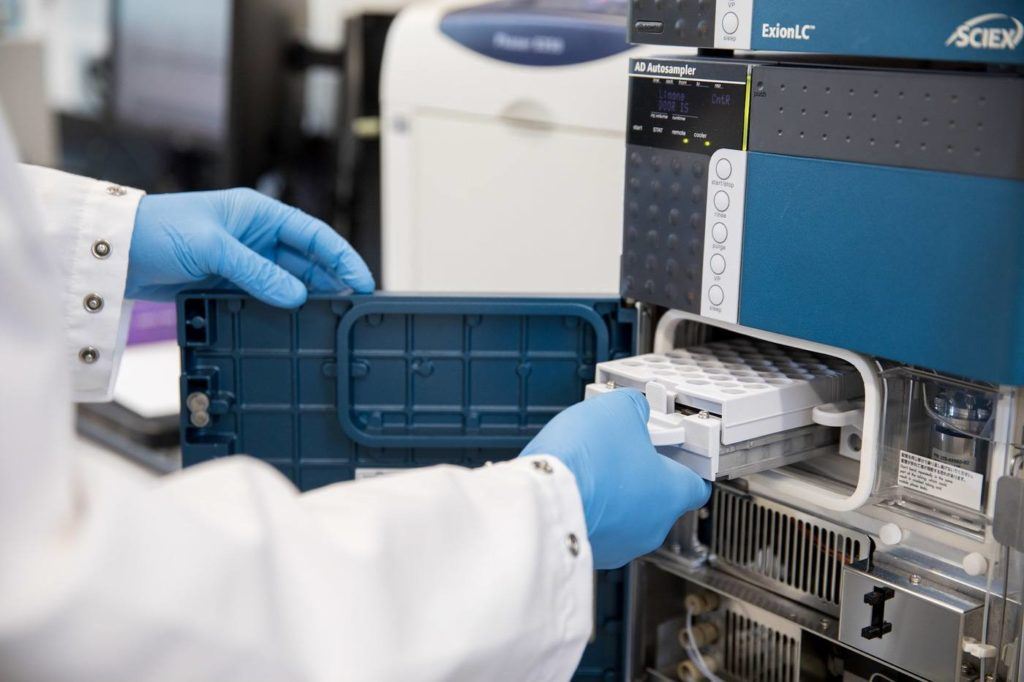
Clinical Trials for Recurrent Meningioma
What is a meningioma brain tumor?
Meningiomas are ‘primary’ brain tumors. They are derived from the lining of the brain (known as the meninges).
Most patients with a meningioma will have a tumor at only one site, but it is also possible to have several tumors growing simultaneously in different parts of the brain. Meningiomas can directly infiltrate the brain tissue, but their symptoms are most often due to their mass effect on the brain.
What are the meningioma grades?
Unlike gliomas, meningiomas are categorized by the WHO into grades I, II, and III.
A grade I meningioma, which is the most common type, is a slow-growing tumor that can be cured if it is completely removed by surgery.
Grades II and III meningiomas are less common but can grow quickly and are likely to spread within the brain despite maximal surgical and radiotherapy treatment.
World Health Organization (WHO) Criteria
Slow-growing; can be cured if completely removed by surgery; typically benign (non-cancerous)
Atypical meningioma; usually slow-growing but can recur after being removed
Malignant (cancerous) meningioma; grows quickly and likely to spread within the brain despite maximal treatment
Meningioma Symptoms
Brain tumor symptoms vary widely depending on the type, location, size and growth rate of the tumor. There are no specific symptoms that only occur due to a meningioma.
People with meningioma may experience the following symptoms:
- New onset or change in pattern of headaches
- Headaches that gradually become more frequent and more severe
- New onset of seizures
- Gradual loss of sensation or movement in an arm or a leg
- Difficulty with balance
- Difficulty speaking
- Personality or behavior changes
- Confusion
- Unexplained nausea or vomiting
- Blurred vision, double vision, or loss of peripheral vision
- Hearing problems
Contact a medical professional if you are experiencing any symptoms.
Recurrent Meningioma Phase 0 clinical trials
As with gliomas, recurrent meningioma brain tumors are defined by the tendency for their cells to behave abnormally. Accordingly, our clinical trial criteria are driven by specific molecular signatures associated with aggressive meningiomas, rather than by WHO grade alone.
If you have received MRI imaging that shows evidence of a meningioma recurrence of your meningioma, you may be a candidate for one of our Phase 0 clinical trials. These studies provide you with information you can use right now to make informed treatment decisions. This knowledge allows you to have a voice in your care and places some control back into your hands.
Am I Eligible?
View a list of our open trials and receive a free trial screening to determine your eligibility.

Nick’s Meningioma Story
The day after his graduation from San Diego State University, Nick was diagnosed with a recurrence of his malignant meningioma. Nick knew he wasn’t going to have a lot of options, but we had just opened a Phase 0 clinical trial for this exact indication. Nick decided to enroll in the trial and received a small dose of an experimental therapy days before a planned operation to remove the recurrent meningioma tumor. While he was recovering from surgery, our team of scientists tested the tumor tissue and confirmed the drug hit its intended target. With evidence the drug was working, Nick advanced to a Phase 2 clinical trial and began taking a full dose of the drug. He has now been on it for the past year and routine MRI imaging shows no signs of tumor progression.


